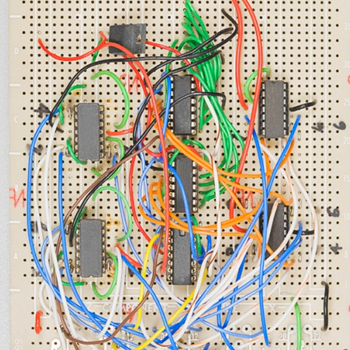What is the recurrence formula for #L_n#? #L_n# is the number of strings (#a_1,a_2,...,a_n#) with words from set {#0, 1, 2#} without any adjacent #0# and #2#.
This problem is a part of the question originally asked by @smkwd.
https://socratic.org/questions/how-to-prove-that#484241
I divided it into smaller parts so as to avoid getting the answer too long.
--Divided problem--
Consider a string (#a_1,a_2,...,a_n# ) with words from set {#0, 1, 2# }.
Let #L_n# be the number of all strings of length #n# with the words from set {#0, 1, 2# } in which the numbers #0# and #2# are not present in adjacent positions. For exmaple, (#1,2,1,0# ) is a string that meets the condition, while (#1,2,0,1# ) is not. Find the recurrence formula for #L_n# .
This problem is a part of the question originally asked by @smkwd.
https://socratic.org/questions/how-to-prove-that#484241
I divided it into smaller parts so as to avoid getting the answer too long.
--Divided problem--
Consider a string (
Let
1 Answer
Explanation:
First we have to find
Now we are going to find the recurrence of
If the string ends in
However, if the strings ends in
Similary, if the strings ends in
Let
Sum up (ii),(iii) and (iv) you can see for every

